Carla Carlisle: Thirty years ago, our farm was on life support. It now thrives — and has 45 people on the payroll
Jeremy Clarkson's travails in farming are as well documented — by himself, in his television series — as they are turbulent. But having embarked on a similar journey herself a generation ago, our columnist Carla Carlisle has words of encouragement.
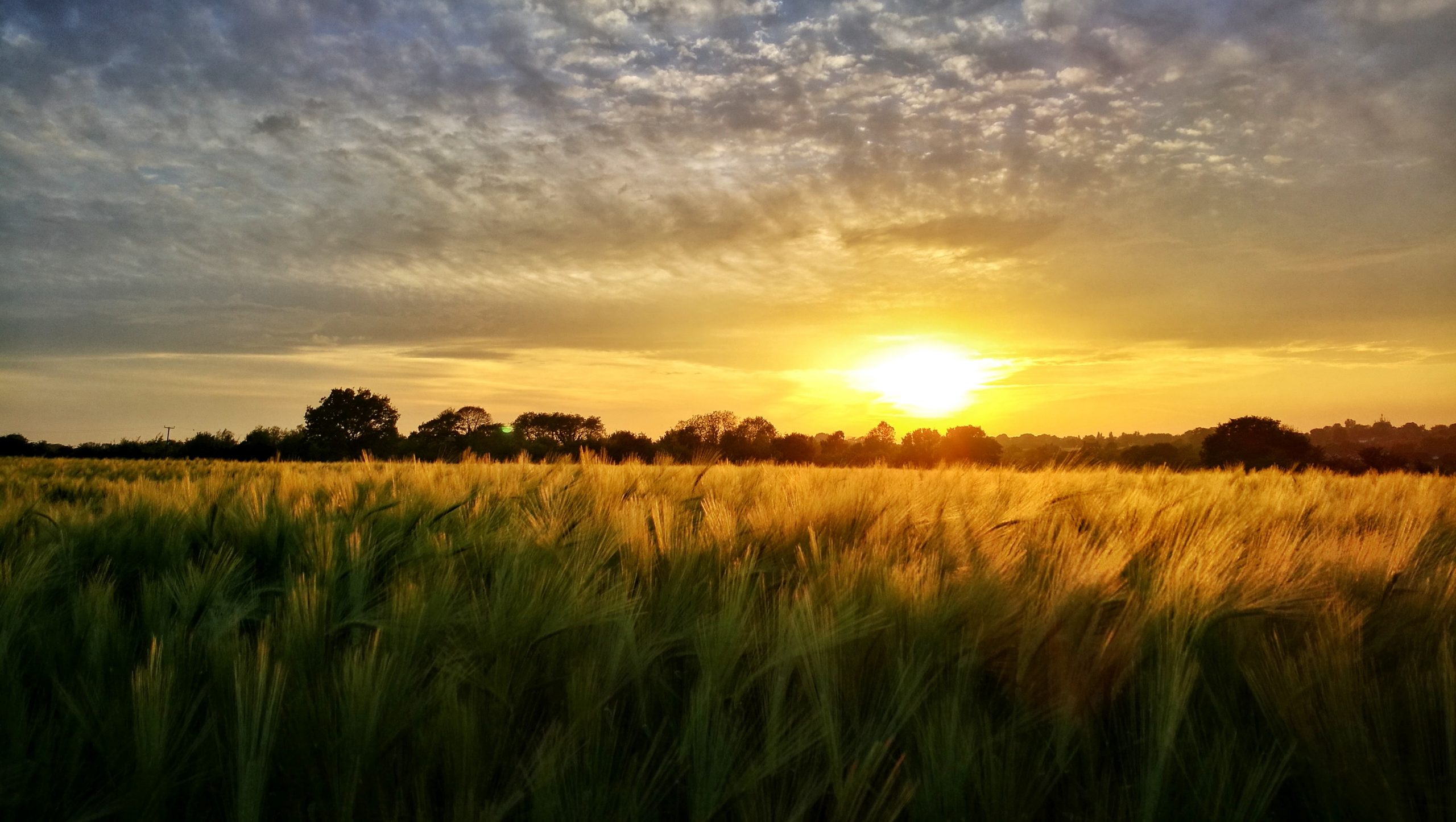

We were halfway into series two before it dawned on us. Except for the Lamborghini tractor and the magical bank balance, Diddly Squat — aka Clarkson’s Farm — and Wyken Farm (pronounced ‘lickin’) are two versions of the same story — with one big difference: West Suffolk’s council was pro-farmers, in favour of jobs for local folks and had common sense.
If you aren’t watching Clarkson’s Farm, the television series that folks in these parts find more compulsive than Happy Valley, you may wonder what I’m talking about. My subject is farming, something that resembles country life and provides ambience for Country Life, but is now in bad trouble. That’s the message Jeremy Clarkson, my contender for ‘Britain’s most cherished farmer’, has set out to show people in this country. A late-in-life farmer, he wants to save farms, starting with his own 1,000 acres in the Cotswolds.
When I married a Suffolk farmer in the 1980s, my dowry comprised a middle-aged labrador and an apocalyptic vision of farming. ‘Diversification is Salvation!’ I whispered on our honeymoon. And in those heady early days of married love, the farmer believed his wife and they went forth. In common with Mr Clarkson and his fearless Irish Lisa, neither of us could reverse a tractor out of the farmyard, but we were blessed with benign optimism and dreamy ignorance.
My Suffolk farmer also had 1,000 acres, with one south-facing slope; sandy loam over chalk, this slope burned up every crop in a hot summer. The bride had a hankering for viticulture, although my knowledge chiefly consisted of having lived in France and reading Hugh Johnson’s World Atlas of Wine. Knowing what’s in your glass is not the same as recognising the difference between a grapevine and a honeysuckle, but I was determined to make French-style wines and save the farm. I planted Chardonnay and Pinot Noir pour ajouter un peu de noblesse to the vineyard and, at the urging of Paris vigneron Lucien Legrand, planted a few early-ripening varieties.
Like Mr Clarkson, I was on fire with commercial verve. My mantra was ‘to make wine you have to sell wine’. Visitors gazed in awe at our 400-year-old tithe barn. Farmers saw a barn too small for modern machinery, but a useful dumping ground for potato boxes and old feed bags. I saw a vineyard restaurant, winery and shop.
‘You’ll never get planning permission,’ said the first architect before he disappeared. Our local builder said what we needed was an architectural engineer and, together, we came up with a proposal. Planning was granted first time around.

Another bit of luck: although over-educated, I had only one tangible skill: I’d worked in restaurants during and after university. One of those stints was at Chez Panisse, in Berkeley, California. Now famous as the first ‘farm-to-table’ restaurant, in my day it was very French, with the emphasis on seasonal ingredients from local farms. I wanted to bring that ‘seasonal and local’ ethos to Wyken.
Sign up for the Country Life Newsletter
Exquisite houses, the beauty of Nature, and how to get the most from your life, straight to your inbox.
It’s hard to believe now that was considered revolutionary. However, my plan for the kitchen garden to produce the vegetables for the restaurant wasn’t feasible. We’d have had to triple its size. We now grow herbs, salads, sorrel and flowers and buy in the rest from local growers. Always on the menu is our own wild venison, asparagus in spring and, of course, our own wine.
And, sometimes, our small, companionable and hardy Shetland sheep. We breed the ewes and the ram lambs are eaten as hoggets at 18 months old. It’s a good story. It’s not the true story. With a part-time shepherd and ewe nuts and hay provided in winter, the sheep lose £10,000 a year, a figure that is the source of some marital discord.
Not quite up there are the Red Polls, a more serious disruption to familial harmony. The dairy herd at Wyken was sold in the 1960s, but, like Mr Clarkson, I thought Suffolk Red Polls would yield steaks and authenticity for the restaurant. I considered the herd ‘my’ cows. I didn’t know they would escape, poach the lawns and rack up stupendous vet bills. When we came to eat Rufus, our first calf, my farm-to-table commitment began to wane. My cows went to a farm in Essex.
Of course, I have ‘my’ chickens. They are layers and only required to provide eggs, so coq au vin is not an issue. A domestic flock, the eggs can’t be sold. Oak Farm nearby supplies the restaurant and the egg stall on our farm drive.
Got that? Egg stall. Not ‘farm shop’. Farm shops are as tempting to farmers as mud is to pigs, but they’re a hard row to hoe. Think shelf life, minimal mark-up, wastage, supermarket competition. Instead, we started a weekly farmers’ market on the farm. Now 20 years old, it provides all the fun of a farm shop, but not the headache. And we have a ‘country store’, where we sell our wines, including our sparkling wine, Wyken Moonshine, and our Good Dog Ale made with our own barley. We also sell Irish and Scottish woollens, watering cans, shovels, dog beds, jackets like Monty Don wears, Suffolk pottery and, in the old dairy, books. The most absurd of the official dictates to Mr Clarkson: he isn’t allowed to sell his own books at Diddly Squat because they weren’t produced within a 16 miles radius. Good lord.
This year, we celebrated the 30th anniversary of our farm restaurant, 25 years in the Good Food Guide and 24 years as a Michelin Bib Gourmand. This farm has survived Lloyd’s, foot-and-mouth, floods, droughts and the pandemic. The jury is still out on farming post-Brexit and who knows what Defra’s ‘public good’ means — kill cows, but protect badgers? However, we have 45 people on our payroll: chefs, waiters, gardeners, shop staff, cleaners, carpenter — and one genuine farmer. Thirty years ago, this farm was on life support. It now thrives. I hope it gives the West Oxfordshire District Council food for thought. Meanwhile, Bon courage, Diddly Squat. Fight on!
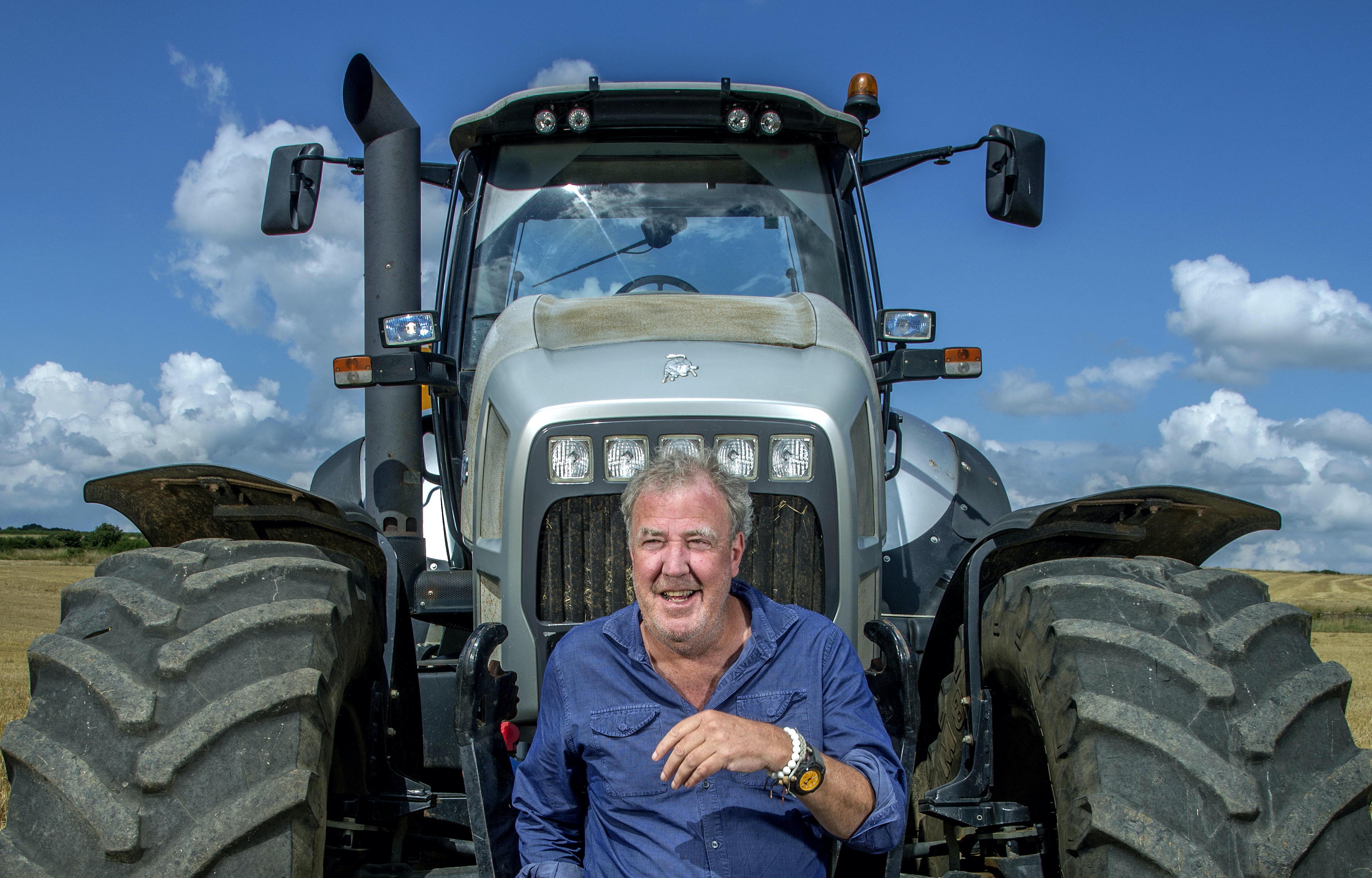
The big thing that Jeremy Clarkson got wrong in Clarkson's Farm
Our agricultural columnist Agromenes is impressed with how Jeremy Clarkson has shed light on modern farming — but there is
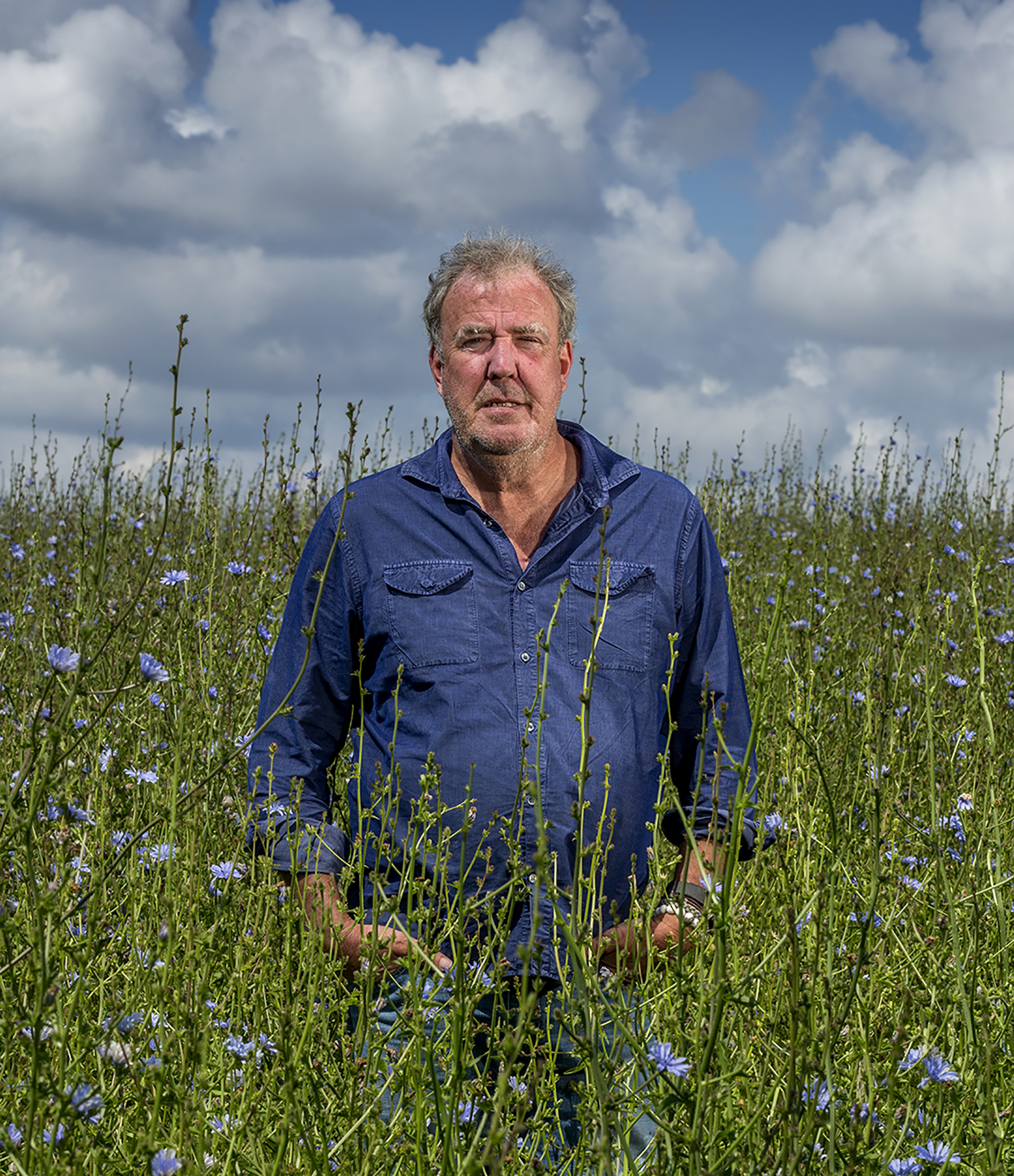
Jeremy Clarkson: 'The countryside should be given to rockstars... they want it to look nice and they are prepared to invest in it'
The presenter talks to Paula Lester about the realities of farming and why rock stars should run the countryside.
-
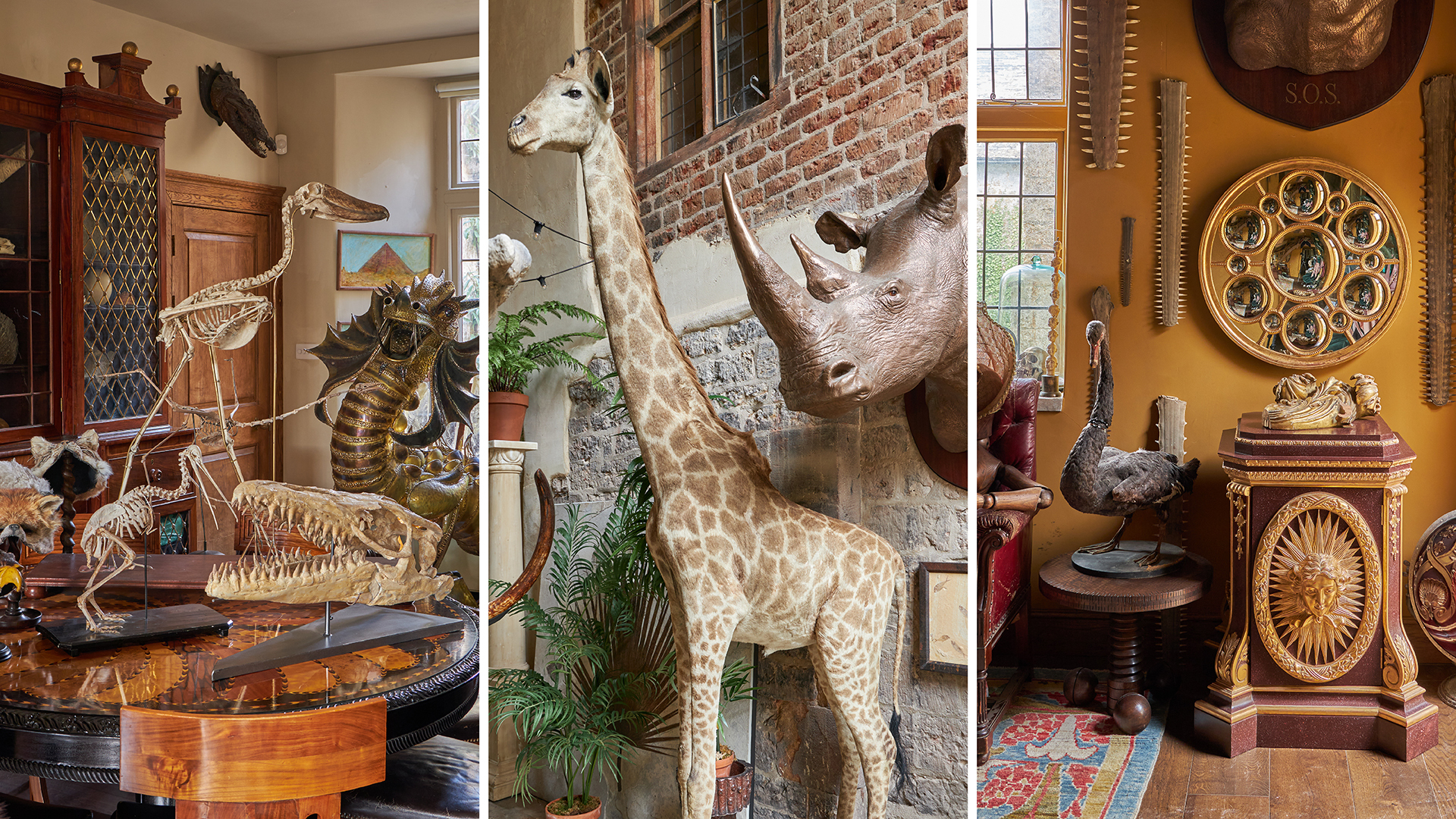 A woolly mammoth skeleton is among the curiosities for sale to save fire-ravaged Parnham Park
A woolly mammoth skeleton is among the curiosities for sale to save fire-ravaged Parnham ParkThe auction of the owner James Perkins' collection, hosted by Dreweatts, tomorrow (May 13), will be used to fund renovation works at Parnham Park in Dorset.
-
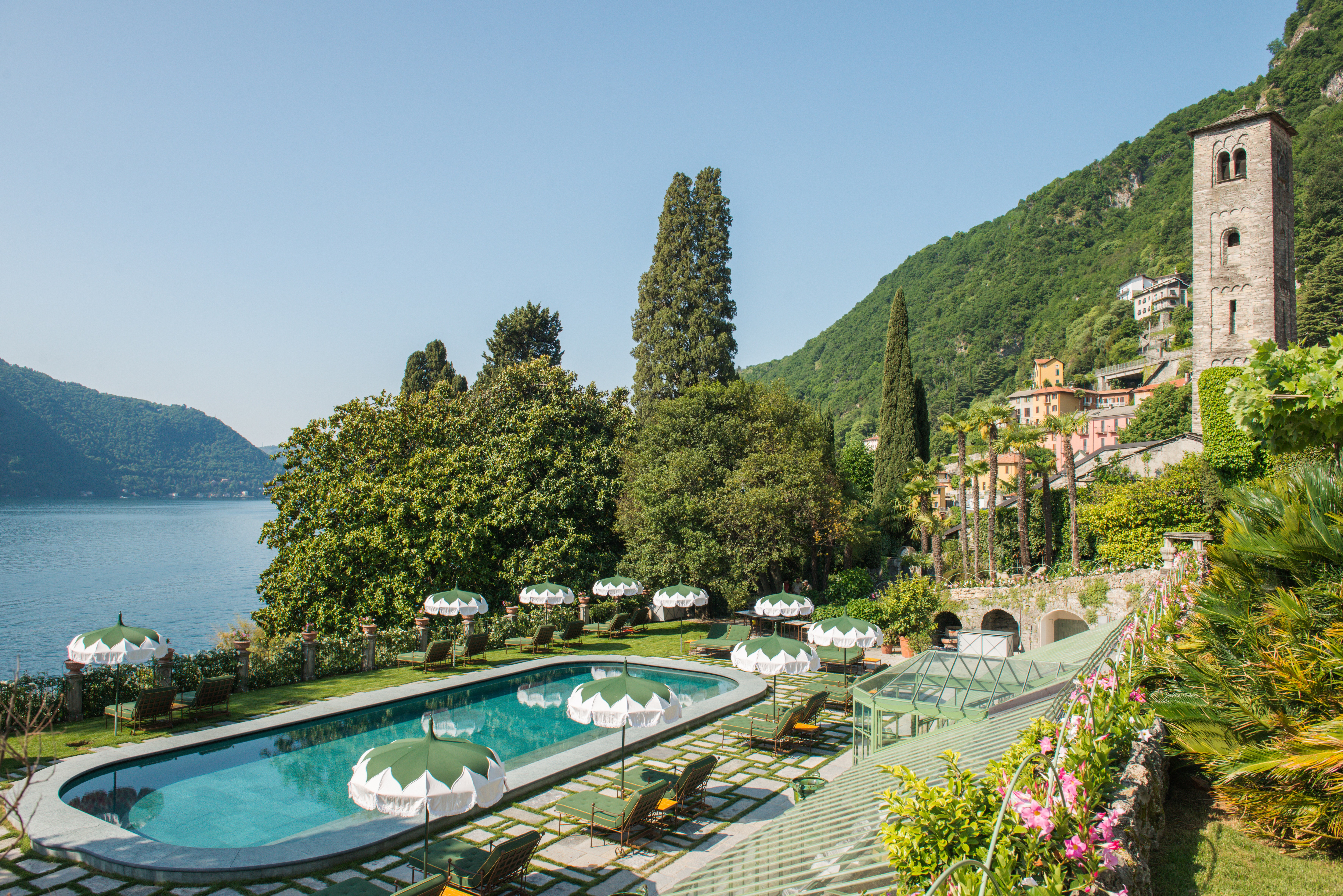 The ‘utterly unique’ skincare brand that’s used in the ‘world’s best hotel’ spa
The ‘utterly unique’ skincare brand that’s used in the ‘world’s best hotel’ spaThe Seed to Skin brand was the byproduct of one woman’s length fertility journey — it’s so good that today it’s used in a hotel voted the ‘world’s best’.